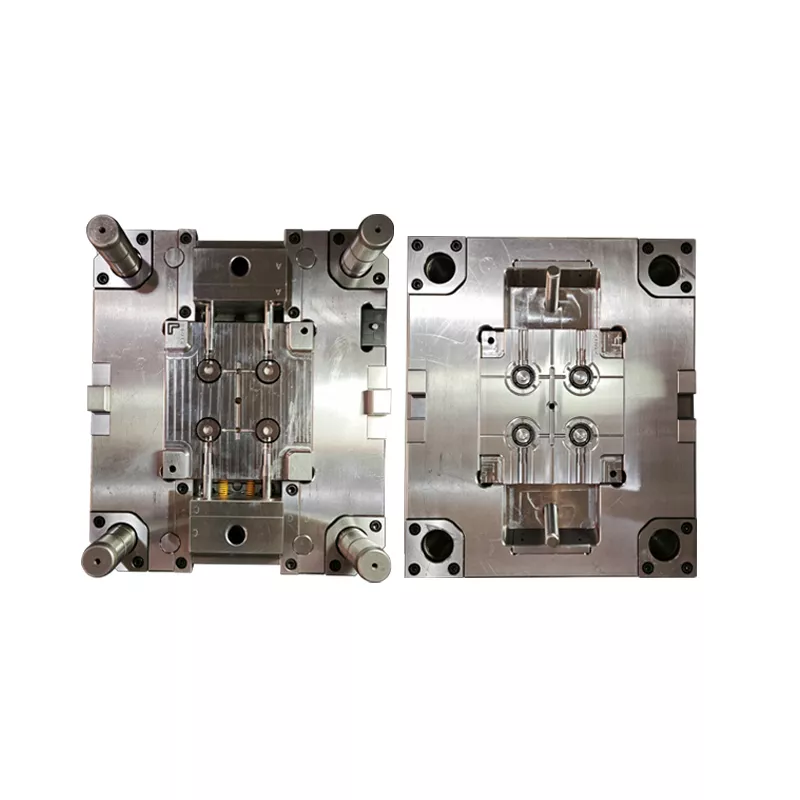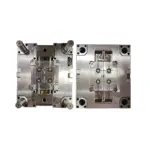Overview
Plastic parts for medical injection molding are precision-engineered components designed for use in medical devices. Manufactured using high-quality plastic materials, these parts are created through an injection molding process, ensuring consistency, durability, and reliability. They meet strict industry standards for safety and performance, making them ideal for applications in healthcare, such as diagnostic equipment, surgical tools, or patient care products.
Basic Information
Mold Type: Plastic Injection Mold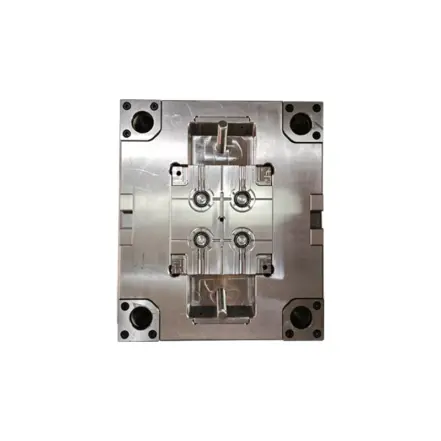
Mold Material Options:P20, 718, 738, NAK80, S136
Mold Base Standards: HASCO, DME, MISUMI, JIS, LKM, etc.
Mold Runner System:Cold Runner / Hot Runner
Mold Gate Options:Slide Gate, Sub Gate, Pin-point Gate
Cavity:Single or Multi-Cavity
Design Software Supported:UG, PROE, CAD, SOLIDWORKS
Molding Equipment Used:CNC, Wire Cutting, Milling Machine, EDM
Compatible Raw Materials:ABS, PP, PC, PA6, PA66, PVC, POM, PMMA, PS, etc.
Packaging Method:Wooden pallet or carton
OEM Services:Available—please provide 2D/3D files or samples
Lead Time:Approximately 30 days
Quality Control Process
-
Sales Department (RFQ – Request for Quotation)
– Receive and process initial customer inquiries and Requests for Quotation (RFQs). Evaluate the project’s scope and requirements to prepare accurate and competitive quotes.
-
Project Department (Quotation)
– Develop detailed and comprehensive quotations based on the RFQ received. Ensure that all aspects of the project, including materials, labor, and delivery, are accurately represented in the quote.
-
Sales Department (PO – Purchase Order)
– Confirm receipt of the Purchase Order (PO) from the client. Verify order details and initiate the project workflow.
-
Project/Engineering Department (Part Analysis)
– Conduct an in-depth analysis of the parts and components required for the project. This includes evaluating design specifications, material requirements, and production feasibility.
-
Project/Engineering Department (Approval)
– Obtain approval for the project from relevant stakeholders. Ensure all design and material specifications are confirmed before proceeding.
-
Project/Engineering Department (Drawing/Order Material)
– Finalize and approve detailed drawings and material orders. Ensure that all drawings are accurate and that the materials ordered match project requirements.
-
Project/Engineering Department (Punching Process Control)
– Oversee the punching process to ensure that all components are manufactured to precise specifications. Implement process controls to maintain consistency and quality.
-
Project/Engineering Department (Sheet Quotation)
– Review and approve quotations for sheet materials used in the project. Ensure that all materials meet quality standards and are cost-effective.
-
Sales Department (Order Review)
– Conduct a final review of the order details, including quantities, specifications, and delivery timelines. Confirm all information before proceeding to production.
-
Project/Engineering Department (Project Approval Form)
– Complete and approve the Project Approval Form, which includes finalizing project timelines, budgets, and resource allocation.
-
Project/Engineering Department (Drawing)
– Prepare and finalize production drawings. Ensure that all drawings are detailed and accurate for use in manufacturing.
-
Project/Engineering Department (Project Schedule)
– Develop a comprehensive project schedule, outlining key milestones, deadlines, and resource requirements. Monitor progress to ensure adherence to the schedule.
-
Project/Engineering Department (To T1)
– Proceed to the T1 trial phase, where initial prototypes or samples are produced. Evaluate the trial results for any necessary adjustments.
-
Project/Engineering Department (Trial Modification)
– Implement modifications based on the trial results. Address any issues identified during the trial phase to ensure that the final product meets quality standards.
-
Sales/Project/Engineering Departments (Goods Delivery)
– Oversee the final delivery of goods to the client. Ensure that all products are delivered on time, meet quality standards, and are accompanied by the necessary documentation.
This structured approach ensures rigorous quality control throughout the entire process, from initial quotation to final delivery, maintaining high standards and client satisfaction.
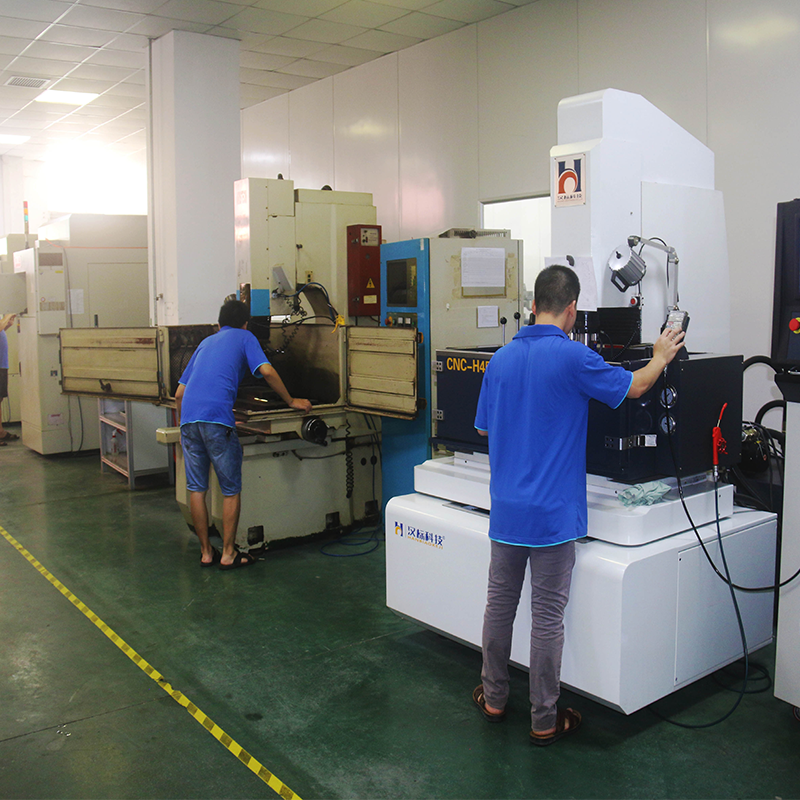
Advantages of Our Mold:
-
Superior Quality:
– Our molds are manufactured using high-grade materials and state-of-the-art techniques, ensuring exceptional durability, precision, and longevity. Each mold undergoes rigorous quality control checks to meet stringent industry standards.
-
Customization:
– We offer highly customizable mold designs tailored to meet specific client requirements. Our team works closely with clients to develop molds that align perfectly with their unique production needs and specifications.
-
Advanced Technology:
– Utilizing the latest in CNC machining, laser cutting, and precision engineering, our molds are crafted with unparalleled accuracy. Our advanced technology ensures consistent, high-quality output and reduces production downtime.
-
Rapid Prototyping:
– We provide quick turnaround times for prototypes, allowing clients to test and validate their designs swiftly. This accelerates the product development process and brings products to market faster.
-
Cost-Effective Solutions:
– By optimizing our production processes and utilizing efficient manufacturing techniques, we offer cost-effective mold solutions without compromising on quality. Our competitive pricing ensures value for money for our clients.
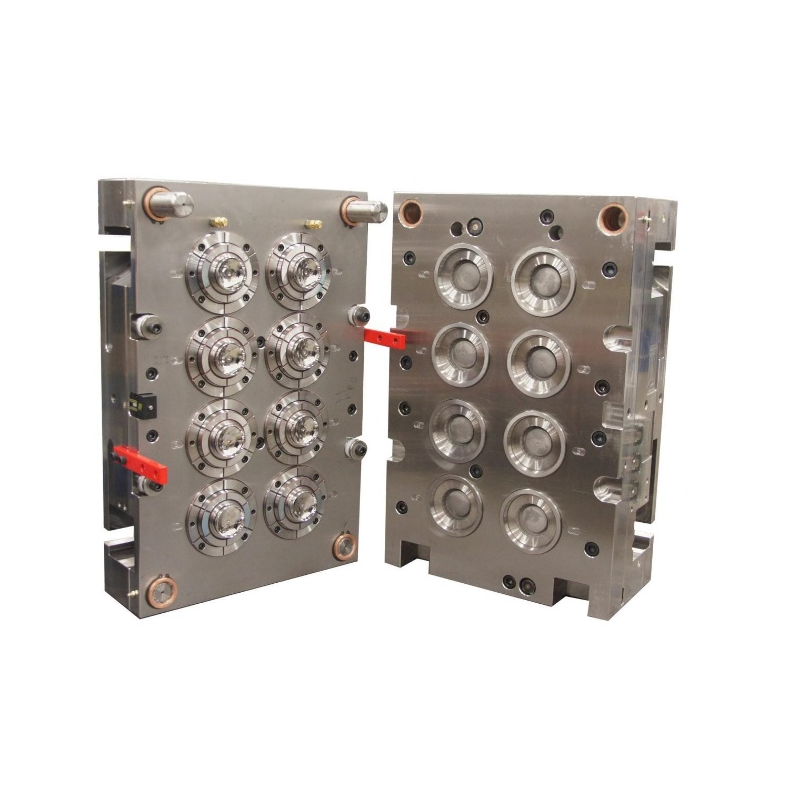
Quality Documentation
- ISO 9001:2015 Certification
- IATF 16949 Certification
- First Article Inspection (FAl)
- PPAP Report(Production Part Approval Process)
- Material Technical Data Sheets (TDS)
- CMM Inspection Report
- SPC Report (Statistica Process Control)
- Material Certificates
- Dimensional Inspection Report (CMM)
- DFM feedback

